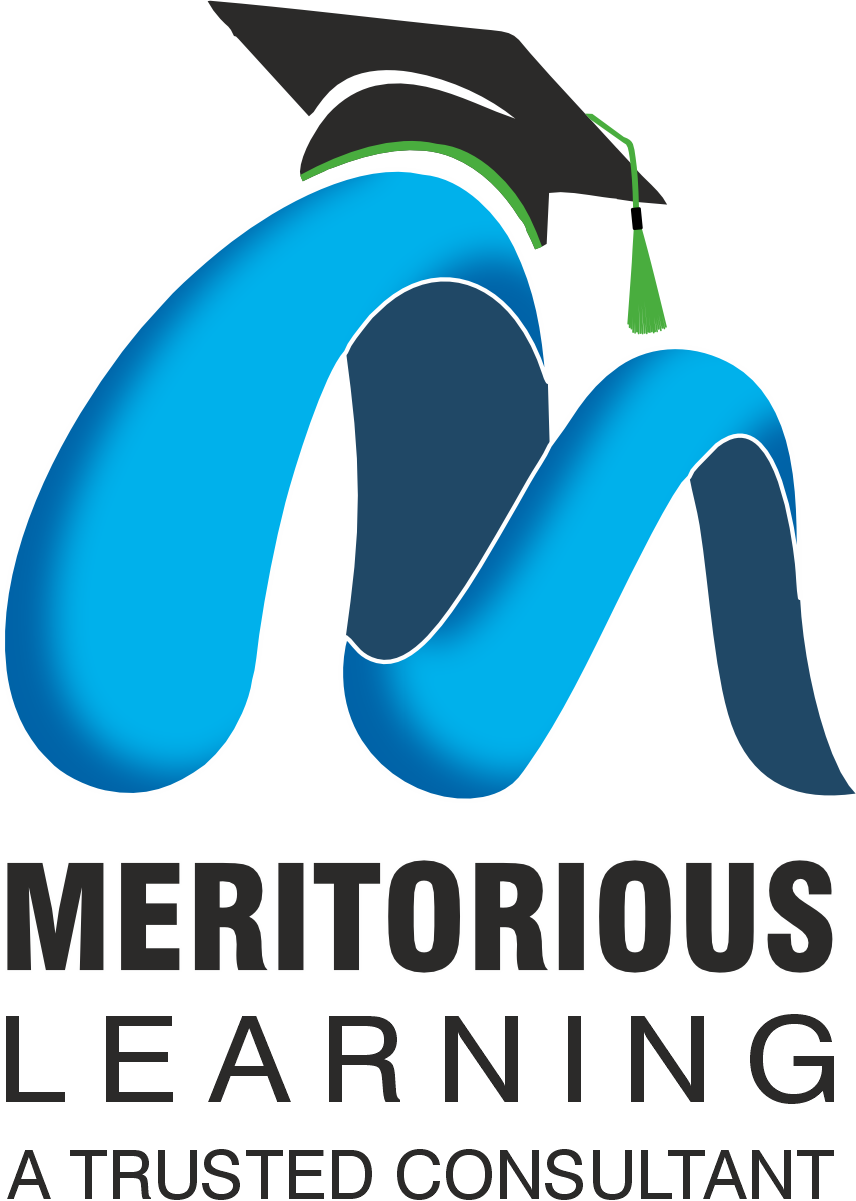Entrepreneurship Management 301
Unit I: Entrepreneurial Development Perspective
Definition:
- Entrepreneur: A person who starts and manages a business venture, assuming financial risks in pursuit of profit.
- Evolution: Traditional entrepreneurs evolved into modern, tech-driven individuals, incorporating digital tools into their ventures.
- Traits: Visionary, innovative, risk-taking, leadership skills.
- Types of Entrepreneurs: Social, lifestyle, innovative entrepreneurs.
Entrepreneurial Environment & Culture
- Environment: The supportive ecosystem that fosters innovation and growth of businesses.
Entrepreneurial Process
- Stages:
- Idea Generation
- Feasibility Study
- Business Plan
- Funding
- Execution
- Scaling
Digital Entrepreneurship
- The use of digital tools and platforms to create and grow businesses.
Comparisons:
- Entrepreneur vs. Intrapreneur: Intrapreneurs innovate within established companies, while entrepreneurs create their own businesses.
- Entrepreneur vs. Manager: Entrepreneurs take risks to create ventures, while managers oversee operations.
Key Notes:
- Entrepreneur: Risk-taking, vision-driven.
- Stages: Idea → Feasibility → Plan → Funding → Execution → Scaling.
- Digital Entrepreneurship: Focuses on tech-driven business models.
- Comparisons: Entrepreneur vs. Manager, Entrepreneur vs. Intrapreneur.
Diagram: Entrepreneurial Process Flowchart
Idea Generation ➔ Feasibility Study ➔ Business Plan ➔ Funding ➔ Execution ➔ Scaling
Unit II: Family Business Development
Definition:
- Family Business: Owned and managed by family members, passed down through generations.
Importance:
- Contributors to local economies and cultural heritage.
Challenges:
- Succession planning, balancing family dynamics, and modernization.
Types of Family Businesses:
- First-generation businesses: Founder-owned.
- Sibling partnerships: Managed by siblings.
- Cousin consortiums: Managed by extended family members.
Models:
- Governance-focused, professional management, hybrid approaches.
Key Notes:
- Succession: The process of passing control of the business across generations.
- Types: Family, hybrid, governance-focused models.
Diagram: Family Business Growth Model
Governance ➔ Succession Planning ➔ Professional Management ➔ Growth Strategies
Unit III: Starting the Venture
Business Idea Generation:
- Sources: Market gaps, consumer needs, technological innovations.
- Methods: Brainstorming, market research, SWOT analysis.
Feasibility Study:
- Market Feasibility: Analyzing customer needs and competitors.
- Technical Feasibility: Assessing operational resources and technology.
- Financial Feasibility: Projecting costs, profits, and funding needs.
Business Plan Creation:
- Components: Vision, mission, strategy, financial projections.
Environmental Scanning:
- Assessing external factors such as market trends, government regulations, and competition.
Key Notes:
- Business Idea: Identifying opportunities from market gaps or trends.
- Feasibility: Assessing market, technical, and financial viability.
- Business Plan: Strategic blueprint for business success.
Diagram: Feasibility Analysis Framework
Market Feasibility ➔ Technical Feasibility ➔ Financial Feasibility ➔ Environmental AnalysisUnit IV: Micro, Small, and Medium Enterprises (MSME)
Definition & Role:
- MSMEs contribute significantly to GDP, employment, and exports.
Policies:
- Government support for MSMEs through subsidies, training, and funding initiatives.
Steps to Establish MSMEs:
- Idea Validation
- Registration
- Licensing
- Operational Setup
Funding:
- Fixed Capital: Infrastructure and equipment.
- Working Capital: Operational costs for day-to-day activities.
Key Notes:
- MSME Importance: Key drivers of employment and economic growth.
- Funding: Fixed and working capital.
Diagram: MSME Contribution Pie Chart
GDP Share | Employment Share | Export Share
Unit V: Government and Institutional Support
Government Incentives:
- Subsidies, tax benefits, and financial grants for MSMEs and entrepreneurs.
Key Agencies:
- District Industries Centers (DIC): Local business support.
- NABARD: Financing for rural businesses.
- NSIC: Support for marketing and procurement for small industries.
Policies:
- Start-Up India, Make in India, Skill India campaigns.
Key Notes:
- Government Support: Financial aid, tax relief, and grants for entrepreneurs.
- Agencies: Provide localized business support and funding.
Diagram: Government Support Framework
Central Support ➔ State Support ➔ Local Agencies ➔ Entrepreneurs
Common Charts and Diagrams:
- Entrepreneurial Process Flowchart: Visualizing the stages of the entrepreneurial journey.
- Family Business Succession Cycle: Illustrating the governance and growth model.
- MSME Contributions: Pie chart showing the contributions of MSMEs to GDP, employment, and exports.
- Government Support Framework: Diagram showing the hierarchy of government support for entrepreneurs.
